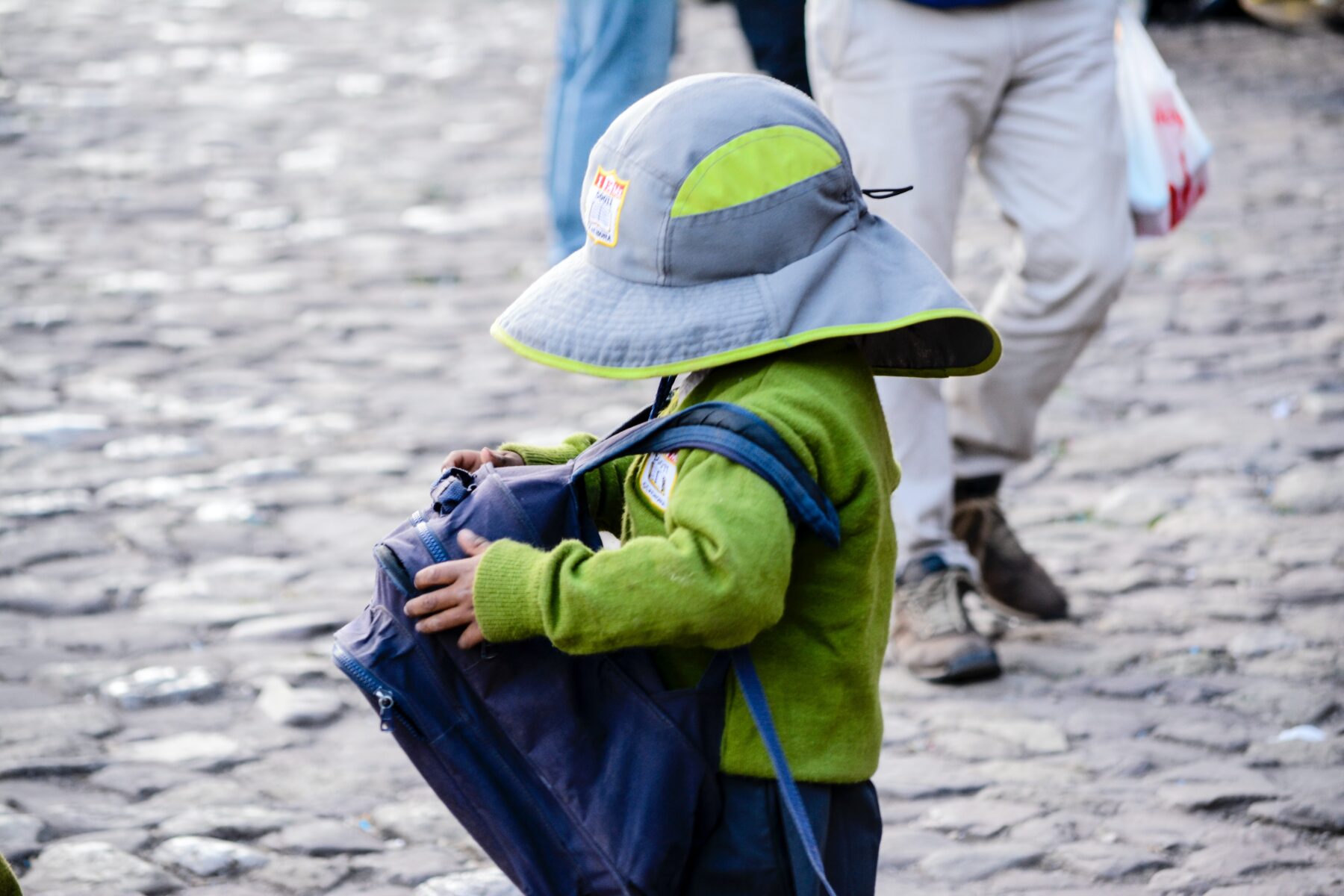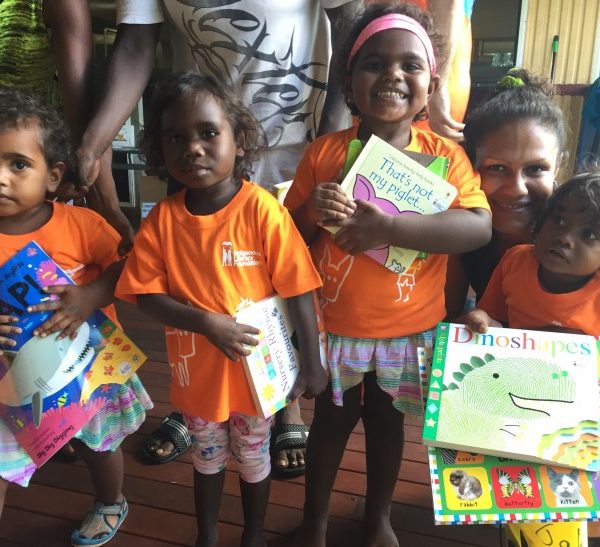NSW public preschools are pushing to teach First Nations languages

Dharug, the first language spoken in the Sydney Basin area, was largely lost after colonisation. Now, however, it is one of a number of languages being taught at 16 preschools across New South Wales.
Jasmine Seymour, a Dharug woman and teacher, hearing her ancestral language is “a special experience”.
“My school is not too far away from the Parramatta Native Institute where my relative Maria Locke (daughter of Yarramundi) was sent and taught how not to be Aboriginal,” she shared with a reporter from The Sydney Morning Herald.
Ms Seymour, part of the Darug Custodian Aboriginal Corporation, has been part of a process to update the Dharug language and has worked with linguists to get back some grammar forms.
In order to keep languages like Dharug alive, however, more Aboriginal language teachers are needed in NSW. To counter the need, Ms Seymour would like to see more community programs which could upskill community members to go and teach language to children.
Riverstone Public School is among 16 NSW preschools teaching First Nations languages through the education department’s Aboriginal Language and Culture initiative, which is in its second year.
Schools which have a high enrolment of Aboriginal preschoolers may be eligible for grants to employ a community member or organisation to deliver an Aboriginal language and culture program to children.
Participating schools weave language and culture into everyday activities such as playing “duck, duck, goose”, playing “freeze” using didgeridoo music, counting and giving directions in language, and teaching cultural dances.
Education Minister Sarah Mitchell said the program was helping embed and nurture knowledge and practice of Aboriginal culture, languages and identity at the earliest stages of learning.
“Evaluations of the pilot program showed that participants’ confidence and numeracy and literacy skills improved,” she said.
First Nations children who feel connected to culture are more likely to stay engaged with their education and finish school.
“This language program is a great example of reconciliation in action as it not only helps build a love of learning in our Aboriginal preschoolers it also opens the door for our non-Aboriginal students to the world’s oldest living culture,” Ms Mitchell added.
To access the original coverage of this story, please see here.
Popular

Practice
Provider
Quality
Research
Workforce
New activity booklet supports everyday conversations to keep children safe
2025-07-10 09:00:16
by Fiona Alston

Quality
Practice
Provider
Research
Workforce
Honouring the quiet magic of early childhood
2025-07-11 09:15:00
by Fiona Alston

Quality
Practice
Provider
Workforce
Reclaiming Joy: Why connection, curiosity and care still matter in early childhood education
2025-07-09 10:00:07
by Fiona Alston












